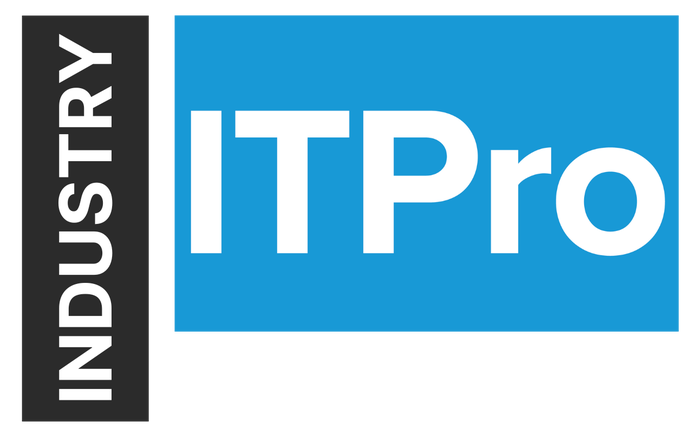
Insight and analysis on the information technology space from industry thought leaders.
The Only IT Principle That Matters: Kill Your UnicornsThe Only IT Principle That Matters: Kill Your Unicorns
Eliminating single-purpose “unicorn” SaaS tools can improve IT governance, efficiency, and security.
August 12, 2024
.jpg?width=1280&auto=webp&quality=95&format=jpg&disable=upscale)
Written by Josh Mullis, head of InfoSec at Productiv
Whether your company is in-office, hybrid, or remote, your IT department is likely exhausted. According to a survey by DEVO, 85% of IT security professionals anticipate they will leave their role due to burnout. IT leaders must work to remedy their employees’ daily pain points, or they will face the ever-growing IT talent shortage.
One area IT leaders can focus on to improve their employees’ day-to-day is to develop long-term SaaS strategies instead of getting caught in the cycle of using “unicorns.” Unicorns are niche software tools that solve a single problem quickly. These tools sometimes provide short-term value, but their long-term costs to organizations’ governance, efficiency, security, and employee morale are significant. Unicorn SaaS tools often do not embed natively with security, address the holistic needs of the company, or truly remedy a situation, forcing your team to solve the same problem repeatedly.
With over a decade of cybersecurity consulting and infosec experience, my most common recommendation to IT leaders is to kill all the unicorn SaaS tools within your department and instead focus on the following:
Build for scalability and adaptability
A well-planned, long-term SaaS strategy considers scalable architecture and adaptive features that can grow with your company and changing market conditions. This allows your team and business to scale efficiently without being constrained by the single-use limitations of the unicorn SaaS tools.
Drive repeatability with automation
IT leaders should work with their teams to develop their standards framework and find as many opportunities to automate the work as possible. The increasing importance of automation in the IT field is driven by persistent talent shortages, resource constraints, and the complexity of managing numerous tools. Automation is emerging as a critical solution for reducing human error and bridging the gaps in internal IT departments’ workloads. By removing required human labor, your team will drive repeatability and reduce the risk of only one person holding critical information.
Embrace documentation
Instead of rebuilding new processes for the same problem, instill the importance of documentation to ensure better knowledge transfer and improve efficiency. Documentation is a centralized repository of knowledge that ensures critical information is not lost when employees leave the organization. It also helps prevent institutional knowledge from being siloed to just one individual. Well-documented processes and procedures eliminate the need for duplicative work and reduce the time spent searching for information or rediscovering solutions.
Killing the unicorns will benefit your IT department and company in many ways, including:
Better governance: As unicorn software proliferates across teams and departments, it becomes challenging to enforce standards, manage licenses, and maintain oversight. Nixing these applications allows IT to regain control over the tech stack and establish proper governance.
Improved efficiency: Supporting multiple ad-hoc tools strains IT resources and results in wasteful redundancies. Retiring unicorns streamlines operations and frees your team to focus on higher-value projects.
Enhanced security: Unicorn tools frequently lack robust security practices. As they age, they become increasingly difficult to secure properly. Decommissioning unicorns can reduce the risk of data breaches and vulnerabilities.
About the Author
Josh Mullis (CISSP) is the head of InfoSec at Productiv, a leading SaaS management platform used by IT teams at Databricks, DocuSign, Compass, and Flexport. With 10-plus years of consulting experience at PwC, Mullis advised countless Fortune 500 companies on protecting electronic data and implementing effective and lasting policies within their businesses.
About the Author
You May Also Like








.jpg?width=700&auto=webp&quality=80&disable=upscale)
